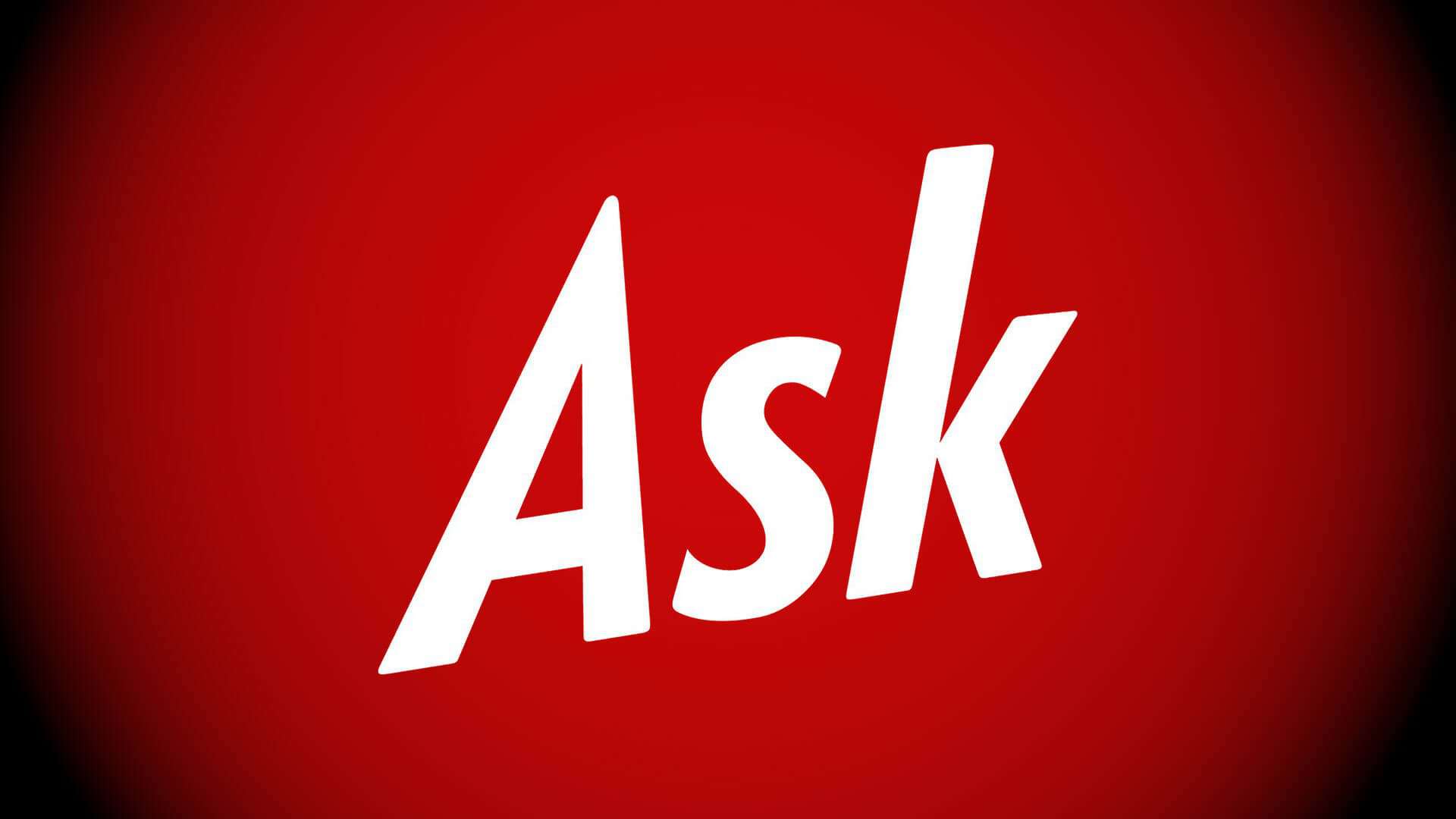The 90s was an era of internet innovations. One such innovation was Ask Jeeves. It was one of the earliest question-and-answer platforms. The site had a humanistic touch. The users could type queries in their natural languages and get the answers from the editorial team of Ask Jeeves or from the people who volunteered for it.
The platform kept adding new features and eventually became very popular. By the end of 1998, it registered 30 0000 queries every day. Later, the Q&A site went on to become a search engine. Ask Jeeves is now known as Ask dot com.
But what comes to your mind when we say question-answer site or a search engine? It’s not Ask Jeeves in either case, right? So, what happened to the once-very popular site? Was it the wrong business moves, or is there something more to it? Let’s dive deeper.
All About Ask Jeeves You Should Know
Ask Jeeves was founded on 3rd June 1996. The American content business was headquartered in Oakland, California. The initial software was launched under Gary Chevsky. The answers by Ask Jeeves were obtained from three sources- answers from editors or volunteers, crawler-based results from Taoma, and paid results by Google.
The site featured different columns to search content, such as trending and category-based questions. The search bar of Ask Jeeves could be seen on other websites too. It also featured a Butler, Jeeves. Now, you must be wondering who Jeeves was. No, it’s not the founder.
Jeeves was the mascot of the site. It resembled a character from P.G. Wodehouse’s novel series. The fictional character Reginald Jeeves is used to answer the societal and personal etiquette questions asked by his wealthy employer, Bertie Wooster.
The company had to face a legal suit from the Wodehouse estate for using the character without any financial deal. But, the Jeeves of the web was different from the one in the books. Both parties settled the issue with a non-disclosure agreement in 2000.
Also Read: What Happened to Ben White? The Arsenal Defender Left World Cup Midway
The company spent a whopping amount on promoting its mascot. It collaborated with the Hollywood agent Michael Ovitz and launched a merchandising campaign. T-shirts, toys, and many other products had Jeeves imprinted on them. These campaigns introduced the character to a large audience.

It became one of the most popular internet characters. It also appeared in Macy’s Thanksgiving Parade. The company was riding high on success. People loved to ask questions from their Jeeves. Some were about finding the best restaurants nearby, while others required expertise to answer.
Butler Jeeves was also asked to find nude pictures of actresses. It was a smooth road for Ask Jeeves in the beginning. However, many factors worked together to end the supremacy of the platform. Let’s take a look at the company’s business journey to get more of it.
Here’s What Happened to Ask Jeeves
Ask Jeeves was founded by Garrett Gruener and David Warthen. Gruener had the vision of humanizing internet searches. He was a graduate of UC San Diego and was working as a venture capitalist. David was working as an employee in a firm, Virtual Microsystems, founded by Gruener. However, it was sold off later on.

Warthen was also the co-founder of a software development company that handled the projects of giants such as Microsoft. Ask Jeeves officially started in 1996. The company developed answers to commonly asked questions. Yahoo, Alta Vista, and Excite were ruling the internet market at that time. But Ask Jeeves stood out due to its unique interface.
It was made public in 1997. Soon after its launch, the Q&A business raised funds from the Rhoda Group. A combined funding of 25 million dollars was obtained through its second round of funding by IVP and Highland Capital Partners.
Website daily search count reached one million in 1999. The company’s IPO rocked the NASDAQ stock exchange and raised 42 million dollars. The stock kept rising from $14 to $80, and so on. The organization went ahead to sign software licensing deals with other companies. The revenue was used to acquire other businesses.
They mainly acquired search engine technologies. Ask Jeeves gradually started transforming into a search engine. But, things took a turn when the dot com bubble burst in 2001. The company went through a loss of $425 million.
However, Ask Jeeves survived and finally registered its first profit in 2003. The ad revenue deal with Google proved to be beneficial for the organization. It allowed the Google ads to display on Ask Jeeves.
Also Read: TikTok Owner’s History: All About the Popular Apps & Controversy
In the year 2005, IAC group acquired the platform for a massive amount of $1.85 billion. The company was renamed and solely focused on developing into a search engine giant. Jeeves was removed from the name, as well as the logo. The new owners believed that Jeeves represented the 90s internet era.

But, their ambition to seize the search engine industry crumbled. Google, Yahoo, and Bing were too ahead to compete with.
Factors Leading to Ask Jeeves Failure
Blowing up of dot com bubble
The once-high stock prices declined sharply. Some of the key employees left the company. This included the COO Ted Briscoe and CEO Rob Wrubel. Also, Ask Jeeves had to lay off 25% of its employees. Though the firm handled the odd times, the losses were huge.
Whopping Acquisitions
The firm was on a spree of acquiring businesses. Maximum revenue was spent on buying the other companies. Some proved to be beneficial, while most of them couldn’t pay their worth.
Wrong Branding Decisions
After the acquisition by Barry Diller’s InterActiveCorp (IAC) group, many new features were launched. It was now Ask.com with no Jeeves. Around $100 million was spent on promoting the brand as a search engine. But, the company lost its uniqueness by removing Jeeves and the personalized touch. They later realized that it wasn’t possible to compete with Google.
What’s Up with Ask Jeeves Now?
The demand to bring back Jeeves was on the rise. The UK version featured Jeeves in 2009, which remained on the website till 2016. The international version is still devoid of Jeeves. The company again turned into a question-answer platform the following year.
But the charisma was long-lost. Today, Ask employees around 250 people. Its search results are way more generic, and a third party generates the web results in case of no answer.




